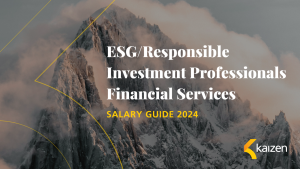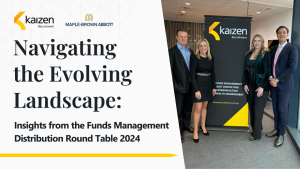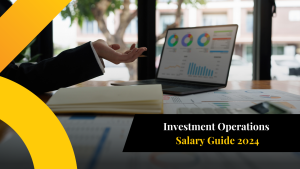Fund Accounting Salary Guide 2022
Investment accountants have been, and for the foreseeable future, will continue to be in great demand. Since the onset of the COVID 19 pandemic, talent shortages have heightened within investment accounting with demand outstripping the supply of quality candidates. A war for local talent has ensued with Australian borders being closed, a pan-industry theme, including as mentioned recently in a broader investment operations market update. Financial year end was a challenge for many firms due to tightly-resourced investment accounting teams, compounded by the shortage of contractors to assist over the critical periods. As funds become more complex in nature, CPA and CA qualified investment accountants are having more success than those who are not qualified.
Investment Accounting: Salary and Market Update
Investment accounting salaries have seen a significant shift over the last 12 months, due to a local talent shortage and the Australian borders being closed to international talent. As fund sizes grow and become more complex, the need for end-to-end investment accounting experience is highly valuable, and clients continue to require high calibre talent on both a contract and permanent basis.
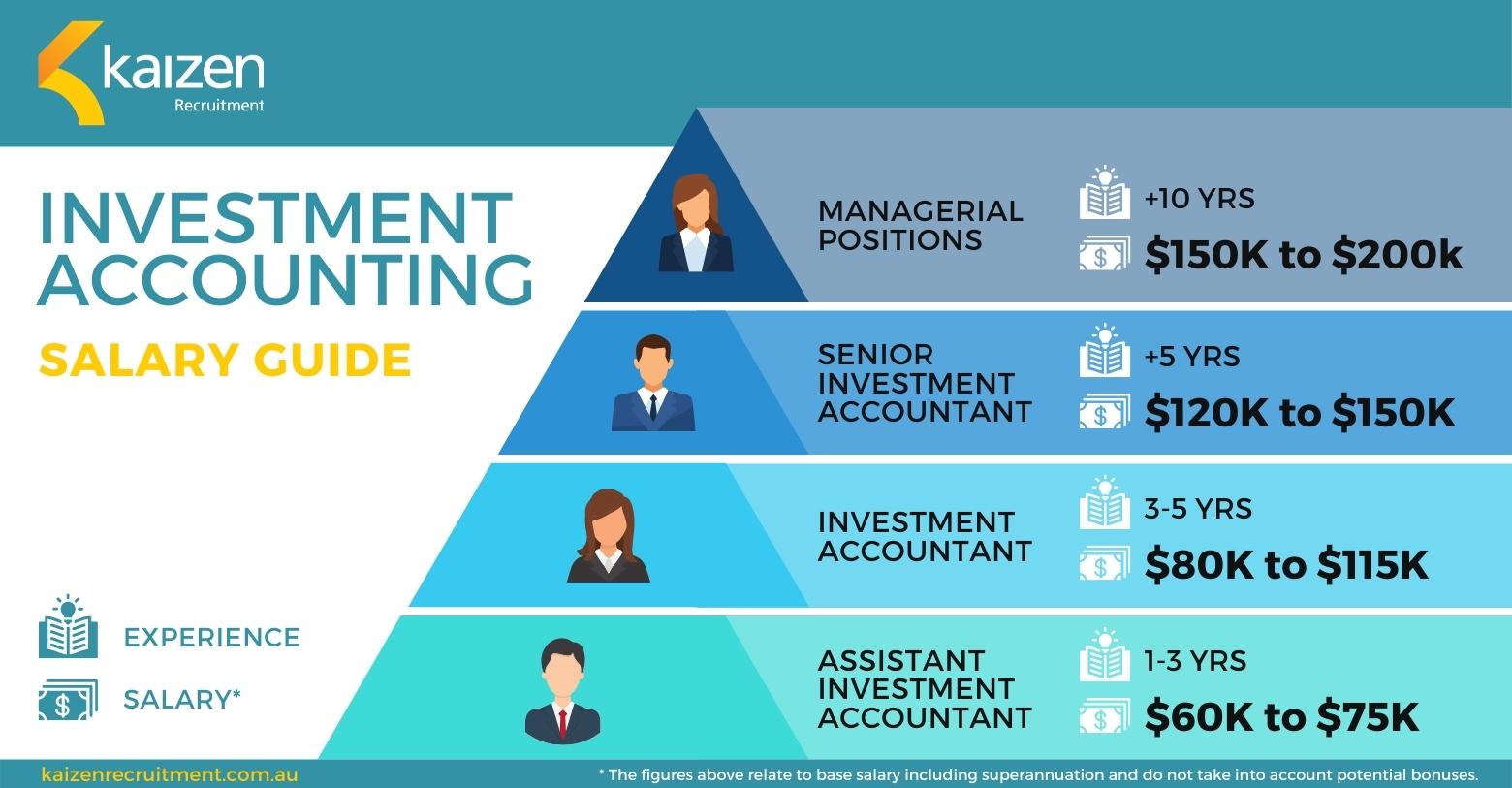
*salaries are reflective of the funds management and superannuation industry, with fund services providers typically having differently structured internal teams with global offshore models
Demand vs Supply
Prior to COVID-19, Australia would receive an influx of investment accountants from offshore fund administration hubs in wider parts of Asia, Ireland, and the UK. Many would come to Australia on working holiday visas and commence contract positions, which supported local firms at the end of the financial year, and those who performed well would be offered a contract extension, permanent position or sponsorship from their employer.
With the supply tap of international talent being turned off, contract roles have been highly challenging to fill, with local talent valuing job security and preferring permanent positions. Hence, hiring managers have been challenged with finding end of financial year support and have been looking outside of the typical ‘investment accountant market’ for solutions.
Many hiring managers within fund services and some fund managers have been looking at talent from the big 4 and mid-tier accounting firms, ideally with exposure to funds management clients, and will train the investment accounting skill set to them, especially for financial reporting positions.
Recruiting for investment accountants at the 1-3 years’ experience level has been the most challenging, due to the majority of global firms offshoring junior positions and limited exposure to the investment management industry.
Some of the other factors we see influencing recruitment within investment accounting is akin to what we recently noted for the investment operations employment landscape.
Investment accounting although is a specialised accounting function, the scope of the role can vary across fund managers, custodians, superannuation funds and wealth management firms. Depending on the funds under management, fund and team structures (inhouse or outsourced models) and asset class focus, the role of an investment accountant can differ.
Investment accountants’ responsibilities include the following functions:
- Unit pricing – calculating net asset values (NAV) of a fund, assessing accuracy, monitoring system flows and ensuring timely release of prices
- Calculating distributions, and fund taxation including withholding taxes across different regimes such as Managed Investment Trusts (MITs)/Attribution Managed Investment Trust (AMITs)
- Computing for corporate actions such as stock splits, optional dividends, rights issues, share buybacks, management and performance fees
- Preparing financial statements, statutory and client reporting
- Liaising with investment operations divisions and third-party administrators (TPAs)
At a custodian level, each function runs as a separate team and each investment accountant specialises in a specific function listed above.
At fund managers and superannuation funds, investment accountants gain exposure across all functions, hence end-to-end investment accounting knowledge is favourable.
Majority of smaller fund managers have outsourced various functions resulting in investment accountants taking on more oversight responsibilities. In such cases, overseeing and managing the relationship with custodians and TPAs is a key responsibility, with some of the main controls being: ensuring clear communication, transparency of processes and accurate data flows. Additionally, depending on the size of internal teams at fund managers with an outsourced model, investment accountants may also be responsible for overseeing investment operations functions as well as assisting with accounting for the corporate entity.
Investment accountants work across a diverse array of funds such as hedge funds, superannuation funds, authorised unit trusts and mutual funds. The asset class spread would include but not be limited to: equities, fixed income, private equity, real estate and infrastructure, both in multi-asset or specialist fund capacities.
Qualifications
Investment accountants are expected at a bare minimum to have tertiary qualifications in commerce, finance, accounting, or associated fields.
Investment accountants are also expected to be ideally CA or CPA qualified. These qualifications are not absolutely necessary; however, we have seen increased demand from hiring managers for CA or CPA as fund structures and asset classes become more complex.
The qualifications provide stronger chances of success.
For more information on a career guide for investment accountants, please refer to a more detailed investment accounting career guide.
In conclusion, the trend of demand outstripping supply within fund accounting has been one from a pre-pandemic market. Until the shortage bubble bursts once borders reopen, it would be prudent to also have a greater openness to transferable skills and an investment in sharper recruitment processes to help alleviate the dearth of talent.
For all investment accounting and operations roles within funds management and superannuation, please contact Jack Brown at jack@kaizenrecruitment.com.au or Nupur Gill at nupur@kaizenrecruitment.com.au
Kaizen Recruitment specialises financial services recruitment across funds management, wealth management, superannuation, investment consulting and insurance. We are based in Melbourne and Sydney. For assistance or further information please telephone our office at +61 3 9095 7157 or submit an online form.
Like what you see?
Please feel welcome to join
Kaizen Recruitment’s mailing list
